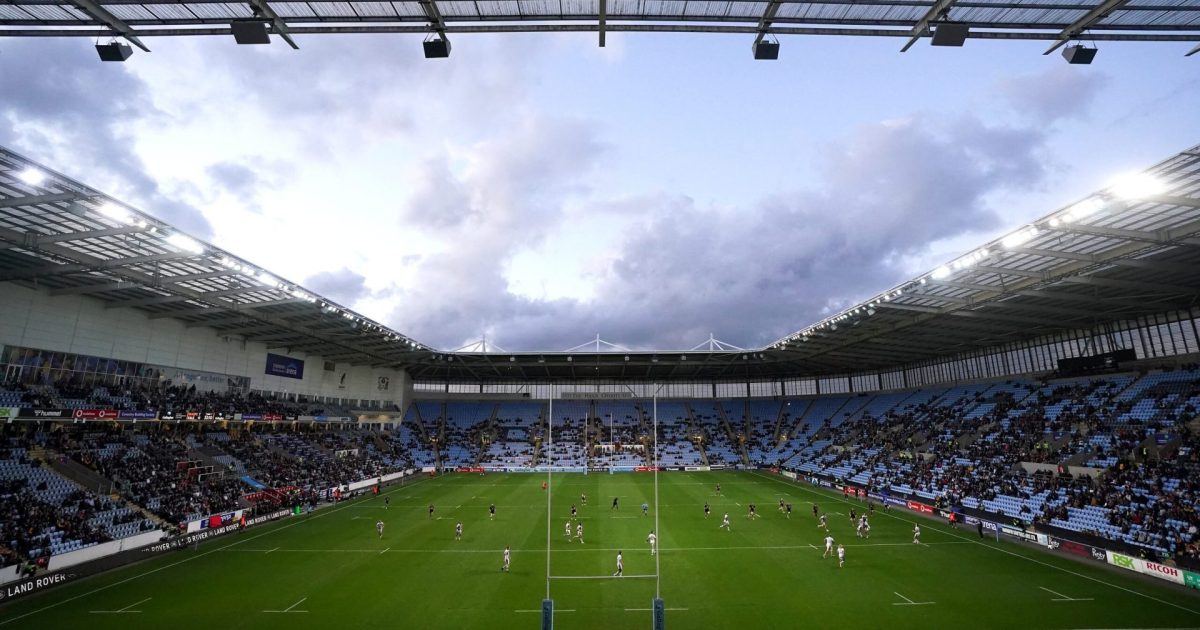The Guardian report that Wasps have ambitious plans to build a new 24,000-seater stadium with a hotel and community leisure opportunities in the M40 corridor.
Robert Kitson reports that the development, known as the Wasps Nest Stadium, is part of the club’s rebuilding plan after its financial collapse last year.
In February it was confirmed that Wasps had met the conditions required to take part in the second tier of English rugby and they side are looking to battle back into the top flight.
Wasps are now seeking funding for the project, with work scheduled to start in 2025, subject to planning and other permissions, and completion expected in time for the 2027-28 season.
The plan is central to the club’s vision of becoming “an inspirational sports business” and its ambition to return to the Premiership by the 2025-26 season. Wasps fell into administration last October, with 167 staff members being made redundant.
While the club has been cleared to play in the Championship from next season, a return to the top flight would require rebuilding the local supporter base and sourcing fresh investment.
As with their previous home in Coventry, the new stadium would feature a hotel, conference facilities and community leisure opportunities, with rugby revenues accounting for less than half the club’s total revenues by 2028. Wasps also aim to bring in an estimated £7m annually from brand-leveraged revenues from other stadium activities from 2027 onwards.
The formal loss of the “P share”, which guarantees a share of centrally generated income and would cost at least £15m to repurchase, will makes things harder for the club. Premiership Rugby is in the process of buying back the share. However, the club plans to announce a new board of business leaders soon, tasked with ensuring that spending is constrained by revenues.
A spokesperson for Wasps told The Guardian that the documents outlined plans to meet the objectives of future sustainable ownership. “By definition, that requires ownership of a ground to meet the requirements of ‘brand leverage revenues’,” they said.
































